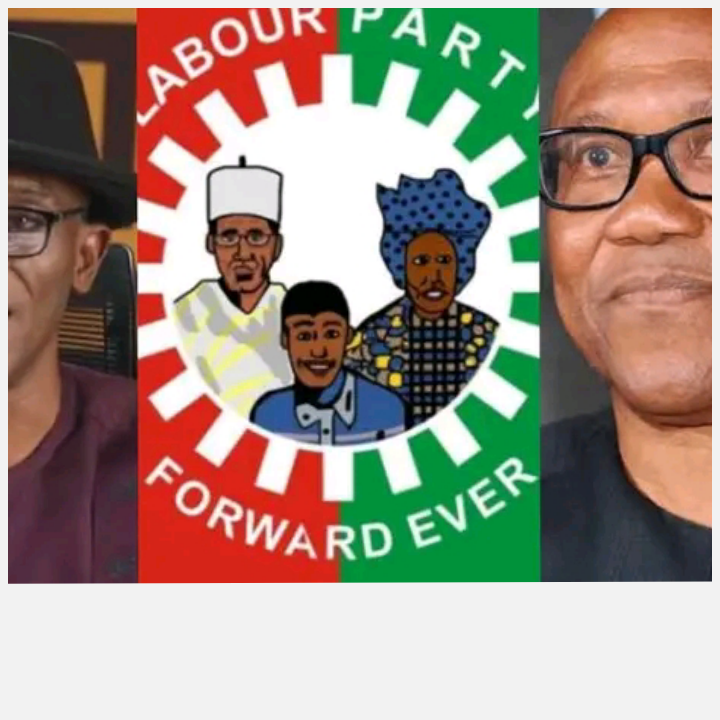Peter Obi Refutes Rumours of Leaving Labour Party, Shares Concern on Electricity Tariff Hike
Peter Obi, the Labour Party’s presidential candidate in the 2023 elections, has recently addressed rumors circulating about his political future.
Despite speculation and claims, notably from Daniel Bwala of the Atiku/Okowa Presidential Campaign, suggesting that Obi might be considering a departure from the Labour Party to join forces with former Kaduna Governor Nasir El-Rufai in the Social Democratic Party (SDP), Obi has firmly denied such plans.
In the light of the Labour Party facing internal challenges and the Nigeria Labour Congress (NLC) expressing intentions to possibly take over, Obi’s commitment to the party remains unwavering. His journey to the Labour Party in May 2023 marked a significant shift from the Peoples Democratic Party (PDP), positioning him as a key figure in the lead-up to the general elections.
Obi’s absence from the party’s national convention, where Julius Abure was re-elected as chairman, was notable. He explained that his non-attendance stemmed from the leadership’s disregard for his call for broader stakeholder consultations prior to the event. This absence sparked discussions and led to conjecture about his future with the party, especially in the face of ongoing leadership disputes.
However, Obi has openly refuted claims of a looming defection. In a gesture of community support—a borehole donation to a ram market—he emphasized his focus on unity and peace, highlighting his vested interest in Nigeria’s present success over political maneuvers. His response to rumors of joining the SDP with El-Rufai was to underline his dedication to improving Nigerian lives and society, rather than political strategizing.
On the topic of the recent electricity tariff increase for Band A customers, Obi advocated for compensatory measures for less affluent areas. He pointed out that it is a common practice worldwide for residents in more developed areas to face higher charges, with subsidies often provided to rural or underprivileged regions.
